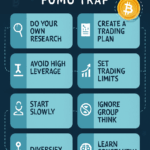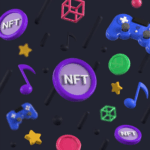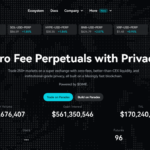In this article I will tell about the Expert Tips for Launching an NFT Project. NFTs are changing the way the world thinks about ownership, but launching a project successfully is not child’s play, it takes meticulous creativity, and a clear plan.
From having a solid idea and developing a community around it, to choosing the correct blockchain and making sure everything is legally compliant, this article seeks to help creators achieve success and sustained value within the NFT ecosystem.
About NFT Project
An NFT project encompasses single non-fungible token initiation entrepreneurial entities, sales, and Outlines ownership to a digital token Asset (NFTs) NFTs in a blockchain system in a Digitization focused endeavor.
Unlike a cryptocurrency valued as ethereal and identical, an NFT signifies a singular, unique piece of Digital asset like art, music, Collectibles, parcels of virtual Real estate, among others, or blockchain games.
An NFT project spearheaded/ collaborated over a group of creators, developers, and marketers focused on designing virtual digital NFTs.
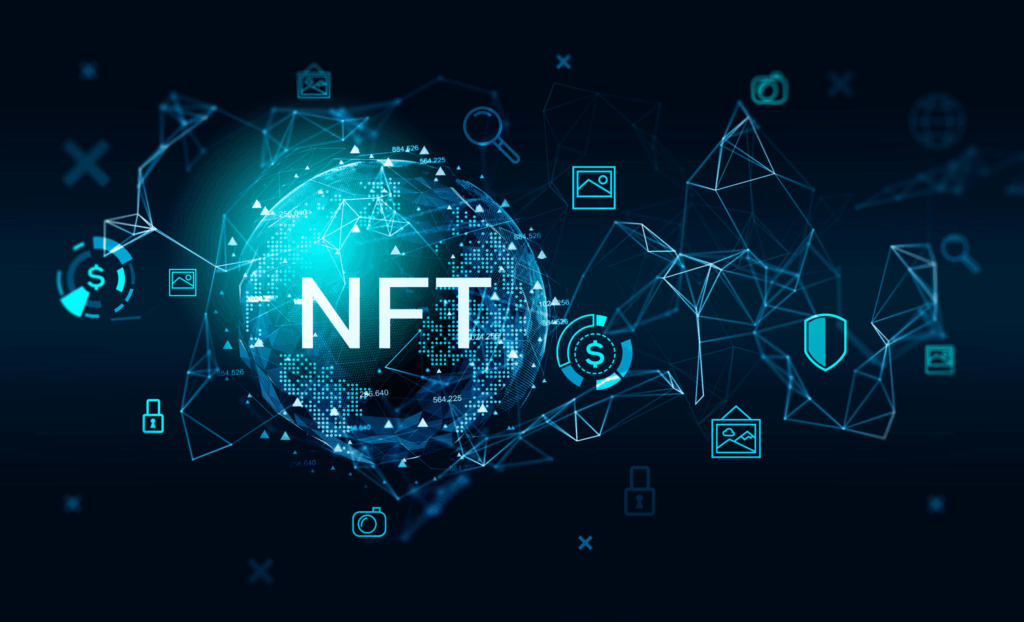
They code smart contracts to manage the ownership and transaction automation and secure the NFT and launch it in the blockchain system.
NFT project serve selectively insatiable members of the community to engage them while other projects serve them with other premium projects.
Newly launched projects readily hold commanding project which lacks in the unique and quality of the NFTs. This is mainly due to rarity and uphold further developments.
Expert Tips for Launching an NFT Project
Tip 1: Define a Clear Project Vision
- Choose the type of NFT project to pursue, for example: art, collectibles, gaming, or utility-based.
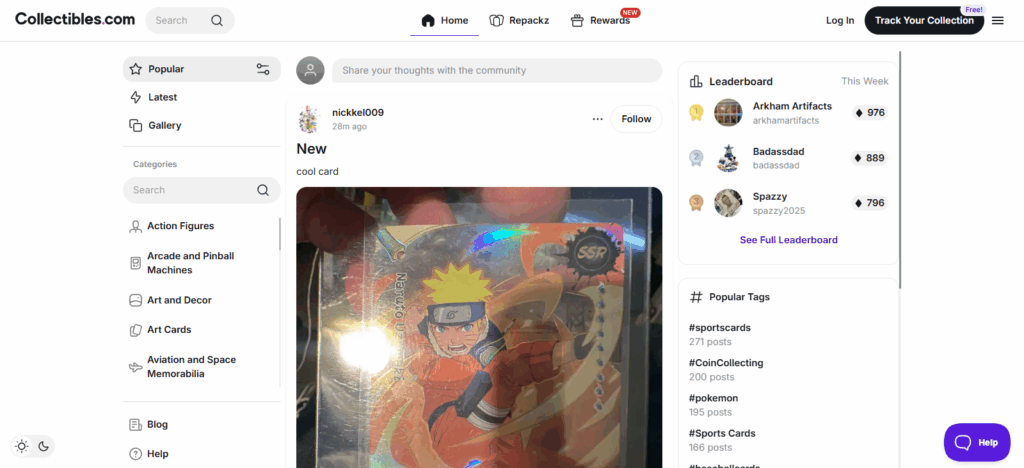
- Determine who the target audience is and the value your NFTs will provide to them.
- Construct a project outline subdivided into goals to form a project mission with a start and end.
Tip 2: Research the Market and Competitors
- Look up other successful NFT projects to grasp what they did right.
- Look out for holes in the market that your project can fill.
- Analyze other players in the market to see what can you learn from their failure and success.
Tip 3: Build and Engage a Strong Community
- Build and foster a dedicated fanbase with the help of Discord, Telegram, and Twitter.
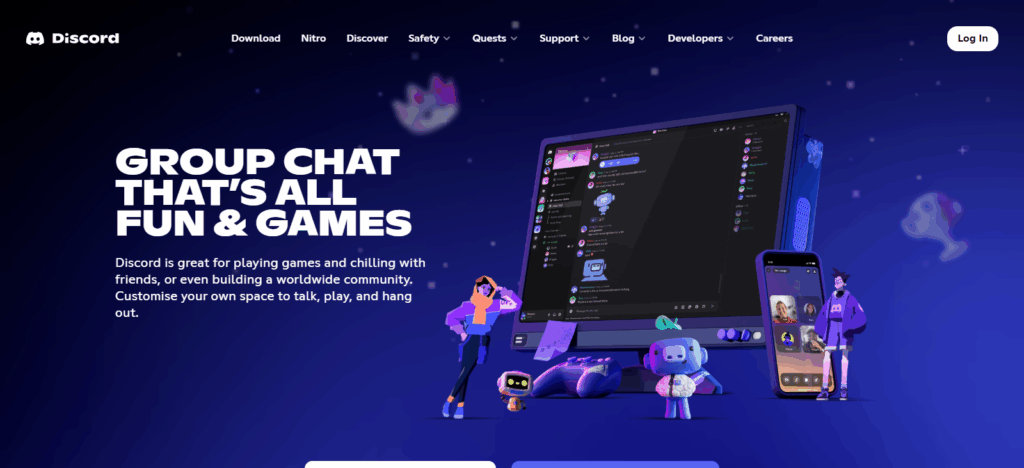
- Connect with your supporters by using polls, offering them early previews, and special materials.
- A community strengthens the credibility of the project and assures the success of the project in the long term.
Tip 4: Create Unique and High-Quality NFT Art
- Invest in Canva or another similar software to create NFTs that are unique and pleasing to the eyes.
- Consider adding utility by having your NFTs provide holders with benefits like exclusive access, in-game rewards, or other perks.
- If necessary, work with skilled designers and artists.
Tip 5: Select Suitable Chains
- Weigh decisions of Ethereum, Solana, Polygon, Avalanche, and others.
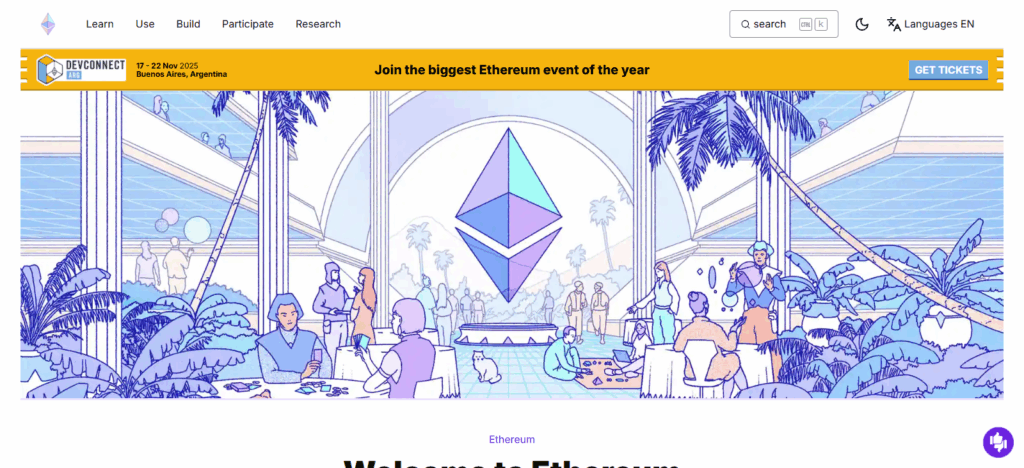
- Think of time of transaction, gas, and popularity of the blockchain.
- Pick chain that fits within the project scalability and plan costs.
Tip 6: Create Smart Contracts with High-Level of Security
- Smart contracts enable blockchain transaction and change of ownership.
- Contracts should be thoroughly tested to mitigate bugs and vulnerabilities.
- Consider getting an audit to enhance trust and security.
Tip 7: Set an Effective Advertising Plan
- Build up interest before the launch with teaser drops, AMAs, and partnerships.
- Work with NFT-focused influencers and creators to widen exposure.
- Provide clear details of the launch to generate buzz.
Tip 8: Set the Price Strategy and Minting Plan
- Set price: fixed, Dutch, or tiered price auction.
- Set NFT to be minted and the rarity tier of each.
- Provide balance of scarcity and reasonable price to buyers.
Tip 9: Start with a Soft Launch
- Provide an easy minting experience to buyers.
- Actively check on selling, buying, and community interaction.
- Respond fast to counter any and maintain image on the project.
Tip 10. Continue Engagement After The Launch & Follow The Roadmap
- Stay connected with your community and reward them by organizing frequent events and providing updates.
- Provide your roadmap and plans future plans to your community.
- To keep NFTs valuable and relevant, plan to sustain growth over time.
Legal Considerations
Intellectual Property (IP) Rights
- Make sure all the rights to the digital content that you intend to mint into NFTs are available to you.
- To avoid legal issues, do not use copyrighted content without the appropriate licenses.
- Make sure to clearly specify the rights that the buyers get (e.g, personal vs. commercial use).
Securities and Financial Regulations
- Certain NFTs might be seen as securities, depending on how they are structured and the profits that are expected.
- For legal advice, reach out to legal professionals regarding the compliance of your NFT project to securities laws.
Consumer Protection Laws
- Make sure that the information regarding the utilities of NFTs, the price, and the rarity of the NFTs are accurate.
- Stay away from false statements that could be taken as fraudulent.
Tax Compliance
- Figure out what your jurisdiction considers the tax implications of the sale of NFTs.
- For reporting purposes, prepare and maintain accurate record of the NFT-related activities.
Data Privacy and KYC/AML Regulations
- KYC and certain data privacy regulations like the GDPR would need to be adhered to in the event that personal information is being collected.
- In some places, compliance with Anti-Money Laundering Regulations might be needed.
Smart Contract NFT Liability
- Describe all the conditions that come with ownership of the NFT.
- Tightly couple legal smart contracts to block technical failure legal claims.
Jurisdiction Issues
- Legal conflicts might come up despite the global nature of NFTs.
- Define the applicable law and methods of dispute resolution in the terms of your project.
Conclusion
More than ideas are needed to successful launch an NFT project; there also need to be consideration, planning, and even a community to support it.
NFT creators need to build a community, conduct market research, create unique NFTs, pick a legal blockchain, and figure out their vision.
Each step has to be comprehensively considered. Following suggestions from expert NFT creators can help increase chances of attracting devoted collectors and building sustainable value in the NFTs.
Long term appreciation in NFTs is possible with strategic engagement and consistent interactions that build trust post launch.
FAQ
How do I start an NFT project?
Start by defining your project vision, creating unique NFTs, building a community, choosing the right blockchain, and planning your marketing and launch strategy. Secure smart contracts and legal compliance are also essential.
Which blockchain is best for NFT projects?
Popular choices include Ethereum, Solana, Polygon, and Avalanche. The best blockchain depends on factors like transaction speed, gas fees, scalability, and community support.
What is an NFT project?
An NFT project is a digital initiative where unique digital assets (NFTs) are created, sold, and managed on a blockchain. These can include art, collectibles, gaming items, or utility-based tokens, often accompanied by additional perks or community engagement.
What legal considerations should I keep in mind?
Key legal aspects include intellectual property rights, securities regulations, consumer protection laws, tax compliance, KYC/AML requirements, and smart contract liability. Consulting a legal expert is recommended.
How should I price my NFTs?
Pricing can be fixed, tiered, or auction-based. Consider the rarity, demand, and exclusivity of your NFTs. Balancing affordability with perceived value is important to attract collectors.



